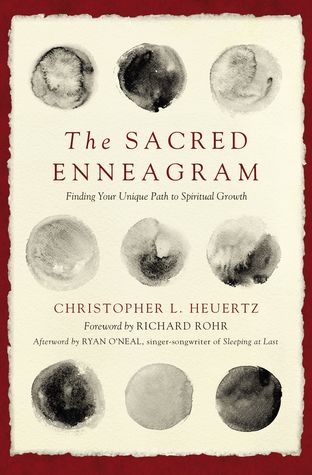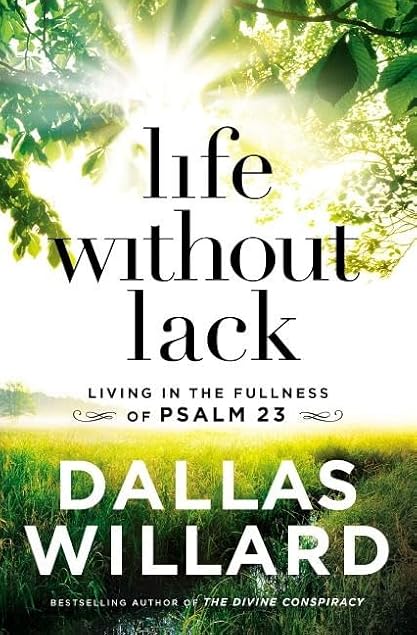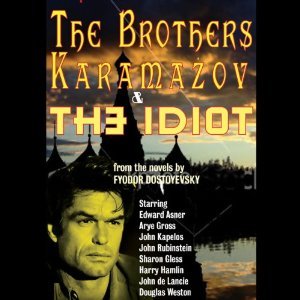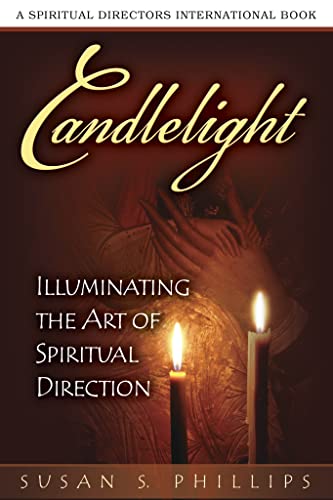 I loved how this author ties the Enneagram types to contemplative spirituality. There were times where it seemed a little too complicated for me to understand, but I kept swimming through the material, and I did not drown. I think it was the third book I have read on this subject in preparation for a seminar I will be attending in November (https://www.benedictine-srs.org/events Scroll down the page to find the event).
I loved how this author ties the Enneagram types to contemplative spirituality. There were times where it seemed a little too complicated for me to understand, but I kept swimming through the material, and I did not drown. I think it was the third book I have read on this subject in preparation for a seminar I will be attending in November (https://www.benedictine-srs.org/events Scroll down the page to find the event).
I understood so much more after reading this book. I think I took the test on the urging of Michelle Delanty about five years ago (?), but I didn't really know what to do with it and now I look at the page of the Enneagram Institute, and after reading this book, I "get" so much more! I like that this guy is really into not just using the Enneagram for self-awareness but for "reconstruction, where we'll find signposts to help us navigate the reordering of our identity into wholeness" (p. 192).
My spiritual direction training will also cover this so we can utilize it when working with directees.
Again, this author (like the authors of The Road Back to You) reiterated that Type Two needs solitude for growth. This book helped me understand more deeply why this is the case. So I am grateful.
I was surprised to see that it is only $1.99 on the Kindle. I am not sure if that price is temporary or not, but I am so glad because the copy I had was a library book, and I think I would like to have this one for future reference. I took quite a few notes, but it will be nice to highlight the Kindle book.
The one thing that was weird was he mentioned that yoga "connects you to your body" (p. 174). He is talking about how mindfulness has come into the general population of Western society and not specifically about Christian contemplative prayer, but he really needs to clarify this in the book. (For more information about this subject see the excellent explanation of what yoga is all about by Pietra Fitness: https://pietrafitness.com/pf-not-yoga/)
Other than this comment that needs to be clarified, and the misspelling of the famous missiologist Ralph D. Winter (not Winters as the author incorrectly spells his name), I found this book to be very enlightening and mind-stretching (still need to read over some parts because much of the terminology was new to me)! I also think he nailed why solitude, silence, and stillness are important for the different types.
I have a friend who thinks Mirror for the Soul: A Christian Guide to the Enneagram is a better choice, but the reviews for it are mixed.
I decided to add my book report for this book that I did for my Spiritual Direction Training:
The premise of the book is that the Enneagram is more than
just a personality test for self-awareness, but it is a pathway of
reconstruction for spiritual growth. The
author does a thorough job of explaining the Enneagram and then goes on to look
at each of the types in terms of contemplative practice.
In Section One, the author identifies the questions of
identity of who we are, how we got lost, and how we might find our way home to
our true identity. I totally agree with his premise that we lose our way through
our childhood wounds (determine that it comes at 3-5 years of age) that are an
assault to our original innocence. This leads to masks that we wear. This can
be our perception of things that leads to wounds and not necessarily things
that our parent “did” to us. The good news is that God wants to bring us back
to who He created us to be, our true essence. Then, he thoroughly explains the
Enneagram including its history, his story of how he discovered it, and how it
has personally helped him. I found his explanations to be extremely thorough. I
was exposed to the enneagram probably more than five years ago; but even though
I had read The Enneagram Made Easy
and the Riso-Hudson website, I never quite understood how it really had
practical application until I read The
Road Back to You and this book. This book helped me understand it even more
deeply. He is quite thorough, almost to a point where my head hurt reading it
as he got into the minutia of this ancient tool. I just kept reading and things
began to make more sense. At the end of this long and thorough foundation, Finally,
he goes through all the types.
In Section Two, he introduced the intelligence centers of
head (thinking), heart (feeling), and body (instinctive). These can determine
how we react to things. Head people respond with anxiety or distress, body
people respond with anger or frustration, feeling people respond with fear or
shame. He goes into the basic desire,
fear, virtue, fixation, passion, direction of integration, and direction of disintegration
for each type that was very through and informative.
I finally understood why sometimes I would go to a Type 8
when I am under stress, anger coming out of “nowhere” when I am not normally an
angry person. I used to call them my “Mr. Hyde” moments. I knew this would happen when I was in a
hurry, had too much on my plate, rushed, stressed, or driving. I knew I coped
with it by balancing my life, slowing down, saying “no” to people asking me for
help, and eliminating people-pleasing. Now I understand the why behind going to
this disintegration because it was my “innate self-survival reflex” and
“subconscious self-preservation instinct to prevent [me] an unhealthy person
from falling farther down the hole [I] they feel stuck in” (p. 122). This was an “aha” moment for me. I am still
trying to understand the integration side of things when I go to a Type Four. I
am looking forward to a workshop on “Appreciating the Wisdom of the Enneagram”
that I will go to in November to understand this more thoroughly.
Section Three is what makes this particular book on the
Enneagram so great. It is about contemplative practice based on our Enneagram
type. The author states, “One of the gifts of contemplation is that it
facilitates a very gentle awakening to the misguided, selfish, and ego-driven
impulses in our subconscious and unconscious” (p. 180). He purports that each
need something in their contemplative life to being them back to “home” or
their “true self.” The “gut-obsessed, body, control types (8,9,1) need
stillness. The “heart-obsessed, feeling, connection types (2, 3, 4) need
solitude. The head-obsessed, thinking, competence types (5, 6, 7) need
silence. “Stillness interrupts the
addictions of gut people and prompts a reevaluation of their drive” (p. 181).
“Solitude functions as a correction to the feeling types dependency on
connection and comparison” (p. 182). “Is
it possible to head people to turn down the inner noise—everything that serves
as a distraction—to be able to really listen?” (p. 183). This part of the book
is what sets it apart from other books I have read on this subject.
This book informs my personal relationship with God in that
it explains to me, after all these years, why disconnecting from people in
solitude has been so important in my personal growth journey. I am so grateful
that my bible study leader in college strongly encouraged us to get away and
pray. I need to get away in solitude so that I am not distracted by other
people and my compulsion to feel like I need to help them. “Heart people who
find themselves constantly drawn toward others for affirmation and approval are
often still very lonely because they are disconnected for their essence . . .
“In solitude, a heart person emerges in painfully liberating ways. Solitude
teaches us how to be present—present to God, to ourselves, to others with no
strings attached” (p. 182). This so makes sense to me because I often find
myself in days of prayer and solitude saying, “I had lost me in the midst of
all the people and needs. I have gotten back in touch with me!” It will inform
my practice of spiritual direction to be able to understand what contemplative
practice might be healthy for individual directees based on their Enneagram
type.
I would heartily recommend this book to others. It goes much
deeper than most books I have read on the subject. Even Ian Morgan Cron, author
of The Road Back to You, states that
his book is just a “primer” and that this book is excellent for going deeper. I
highly recommend Cron’s interview with Heuertz on his Typology podcast Episode
11.
 I did the Spiritual Exercises last year, and LOVED the entire experience (so much so that I am doing it all over again with my husband). This was fun to read from the viewpoint of giving the Spiritual Exercises as a Spiritual Director (which is what I am now being trained to do - stay tuned). I really like William Barry's writing style, and I learned nuances about the exercises. I wouldn't necessarily recommend reading this book unless you have gone through them or at least more familiar with them.
I did the Spiritual Exercises last year, and LOVED the entire experience (so much so that I am doing it all over again with my husband). This was fun to read from the viewpoint of giving the Spiritual Exercises as a Spiritual Director (which is what I am now being trained to do - stay tuned). I really like William Barry's writing style, and I learned nuances about the exercises. I wouldn't necessarily recommend reading this book unless you have gone through them or at least more familiar with them. 







This review is based on an advance reader copy from the publisher. (